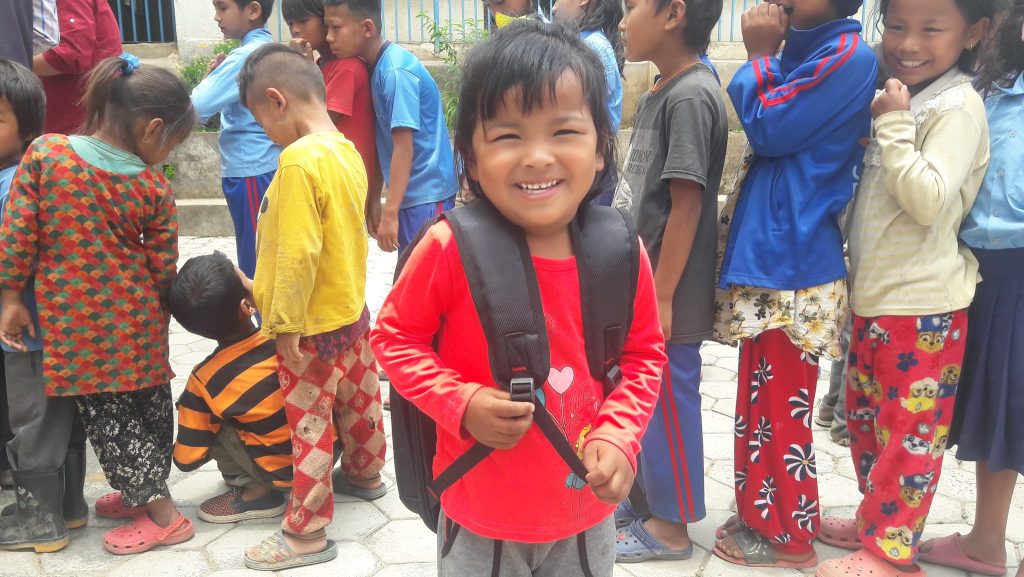Our History
Our History
At first, the problems seem overwhelming. The vast majority of Nepalese are subsistence farmers, eking out a living far from roads, electricity, or social services. In Nepal, two thirds of the population is illiterate, and the greatest percentage of those is women. The literacy rate for girls is only 22%.
Education of children of poor background family, lower cast and marginalized community is especially important because they are severely disadvantaged in Nepali society. Cultural and legal traditions make it difficult for those people to assert their basic human rights and receive health care and a

decent education. Boys get preference in education and nourishment. However, the VSN’s Education Program is more focus on empowering girls and disadvantaged children freeing them from their traditional roles. When a girl receives an education it changes the future. Women who are educated practice birth control, take better care of their families, and educate their children.
The resiliency we have seen in Nepal is astonishing. Whether impoverished, disabled, or abandoned, Nepalese children have an enormous capacity for happiness and success. VSN helps them to blossom and grow into active, happy, healthy kids who are capable of giving back to their society.
The public schools of Nepal present a very grim picture. The literacy rate of those families is very low and the school dropout rate is high. Most of the schools do not have sufficient numbers of teachers, the ones they have are poorly trained, and the schools lack educational materials. As a result, an increasing number of school-aged children dropout school and shifting to domestic servants or laborers. High drop out remains a challenge in school education. The government economic survey report 2021 shows over two-thirds of the students enrolled in grade one get out of the school system by the time they reach grade 12, which is the final year of the school education. The report shows that the retention rate up to grade 12 in the fiscal year stands at 29.2%.
Beyond this, most of the poor families’ children cannot afford to go to school. The government’s policy of free education up to the secondary level has not succeeded in providing universal education. With this in mind, VSN started little contribution with education support program for children of public schools of Lalitpur District in 2018. In most cases of public school, children are deprived of education for the lack of such simple items as school uniforms, school supplies. VSN provides these to its scholarship students, enabling them to attend school.
In choosing students, VSN gives priority to those who had dropped out of school because of poverty, to girl students, to those from a low caste and marginalized community, and those who suffer from physical disability. For choosing school VSN
closely working with local government (Munacipality, Wards). Village Scholarship program, Support of USD 50 is sufficient to provide a year of education materials to one of these impoverished though deserving children. This support will change a child’s life.
